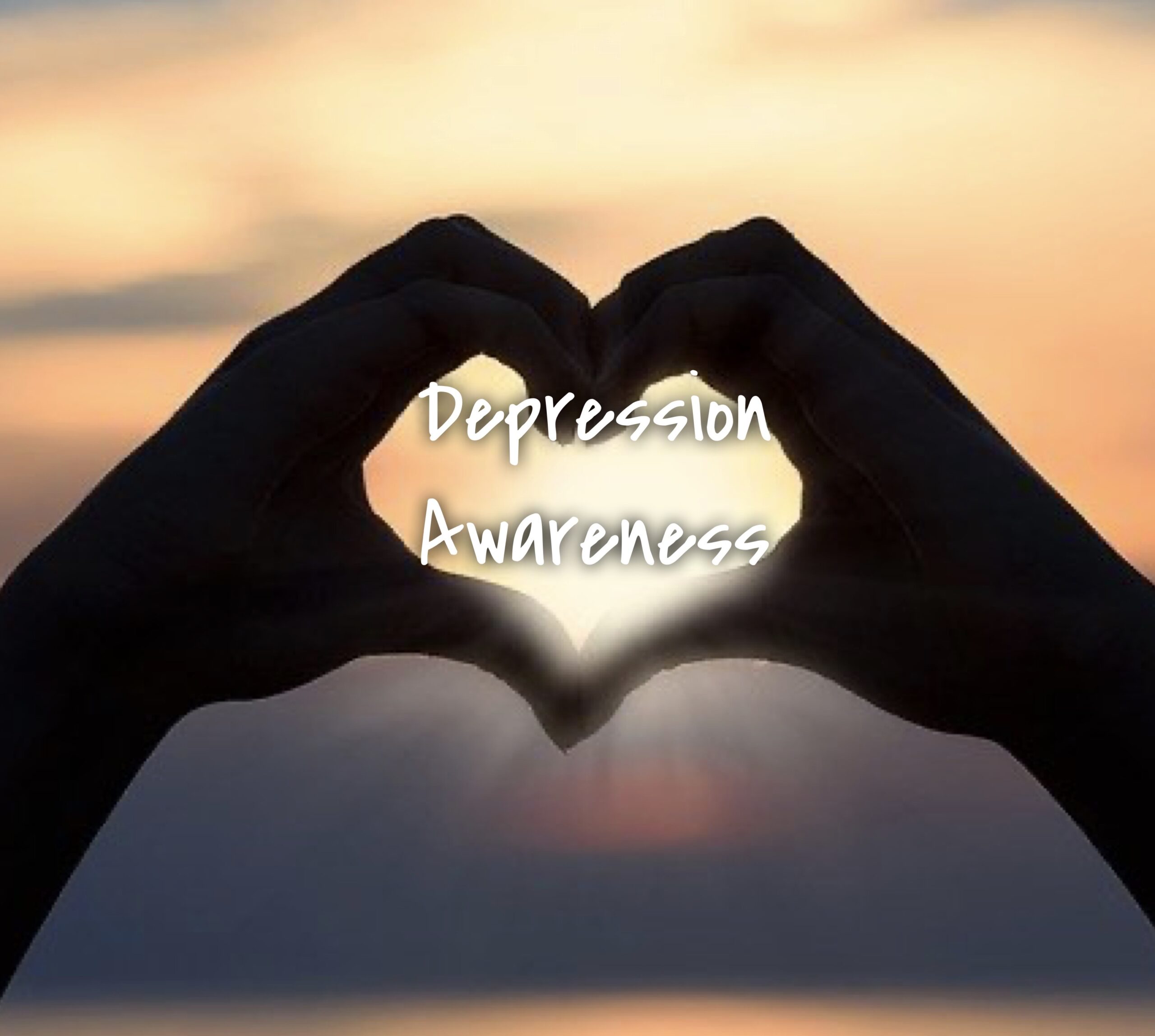
Depression Awareness
This week is Mental Illness Awareness Week. Today we would like to bring awareness to one of the most common types of mental health conditions; depression.
An estimated 17.3 million adults in the United States have experienced at least one major depressive episode in the past twelve months. However, these numbers are not reflective of the impact COVID-19 has had and those numbers are estimated much higher. People of all races, ethnic and socioeconomic backgrounds and genders are affected.
Symptoms
There are many different symptoms a person can experience. For example some of the most common are:
- Changes in appetite
- Changes in sleep
- Low energy or a loss in energy
- Inability to concentrate
- Hopelessness
- Physical pain
- Suicidal thoughts
Causes
Depression does not have a single cause. Meaning that it can be triggered by a crisis, illness or something else, but it can also occur spontaneously. For instance, several factors can contribute to depression:
- Trauma. When people experience trauma at an early age, it can cause long-term changes in how their brains respond to fear and stress.
- Genetics. Mood disorders, such as depression, tend to run in families.
- Life circumstances. For example, marital status, relationship changes, financial standing and where a person lives.
- Other medical conditions. People who have a history of sleep disturbances, medical illness, chronic pain, anxiety and attention-deficit hyperactivity disorder (ADHD) are more likely to develop depression.
- Drug and alcohol misuse.
Depression is one of the most well-known mental health disorders. This has its advantages though. This led to less misinformation and an increase in funding. This funds are dedicated to the research of many mental health disorders and allowed many individuals to seek treatment.
More research has been put into depressive disorders allowing new studies and new medications. This with cognitive behavioral therapy (CBT) is successful treatment in many people.
New Treatment Methods
Recent research has found treatment methods that work more uniformly in individuals. Most drugs have a 60% success rate which still leaves millions of people searching for something that will help them manage their depression. Recently, drugs like ketamine have shown promise to alleviate depression, especially in the short-term. Additionally, Ketamine is taken either through an IV or nasally twice a week. For severe depression ketamine has shown up to 85% effectiveness.
Other forms of therapy and treatment have shown promise including brain stimulation therapies, like ECT or TMS. A controlled version of electroshock therapy (ECT) has shown to be nearly as effective as ketamine. It requires repeated doses of ECT every few months and is also considered for people who experience very severe treatment-resistant depression. While ECT is an age-old method that has been used, a new method of treatment is transcranial magnetic stimulation (TMS). TMS treatment sessions use magnetic coils in order to stimulate certain areas of the brain. Consequently, treatments sessions are usually around 40 minutes. Unlike ECT, TMS doesn’t require anesthesia. Similarly, both do have mild side effects.
How to get help
There are many complexities that go along with suicide and suicide prevention. The biggest help is getting someone to a safe place for an evaluation and treatment.
Lifeline Connections offers an integrated, holistic approach that includes therapy and case management. Our doctors specialize in the treatment of co-occurring mental health and substance use disorders. Contact us and reclaim your life.
We will work to design a custom plan for anyone. Secure treatment is over the phone or computer with telehealth, providing coping skills for grief, loss, depression and anxiety. They will work with you one-on-one to get you feeling better.
Sources:
